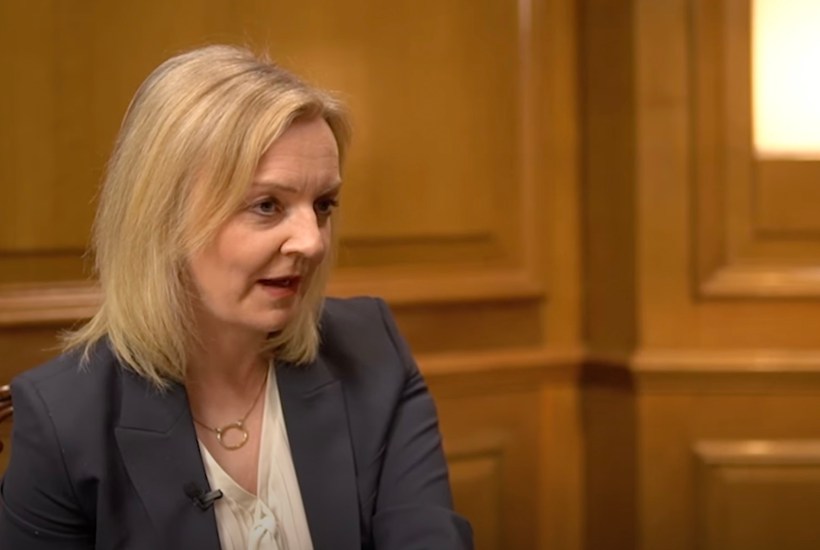Eighteen months have passed since Liz Truss left Downing Street and after an initial period of silence, she has been making up for lost time. In recent months, Truss has tabled a bill in parliament, launched her own ‘Popular Conservatism’ movement and even done the lecture circuit in the US.
Already a subscriber? Log in
Subscribe for just $2 a week
Try a month of The Spectator Australia absolutely free and without commitment. Not only that but – if you choose to continue – you’ll pay just $2 a week for your first year.
- Unlimited access to spectator.com.au and app
- The weekly edition on the Spectator Australia app
- Spectator podcasts and newsletters
- Full access to spectator.co.uk
Or





















Comments
Don't miss out
Join the conversation with other Spectator Australia readers. Subscribe to leave a comment.
SUBSCRIBEAlready a subscriber? Log in